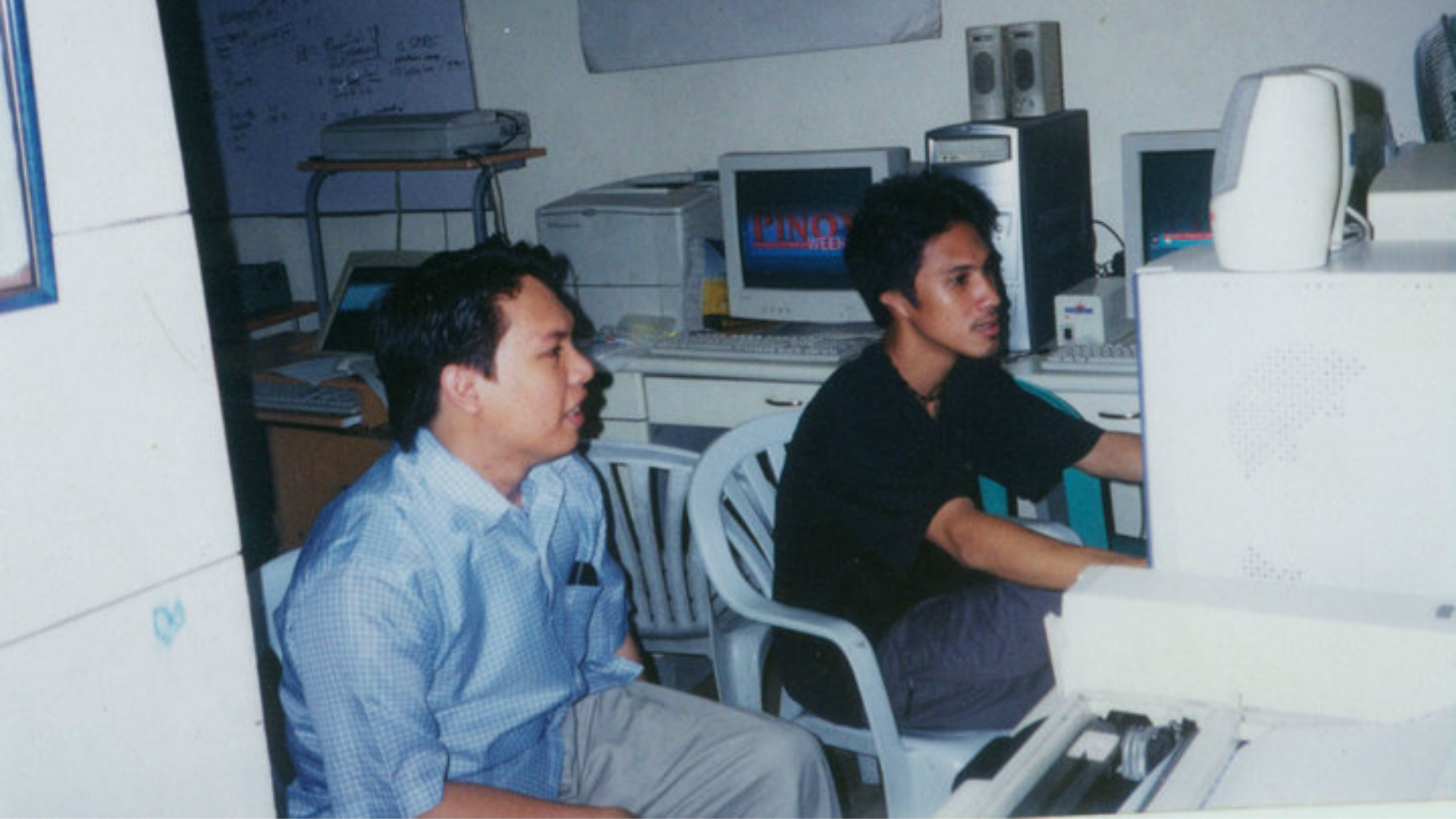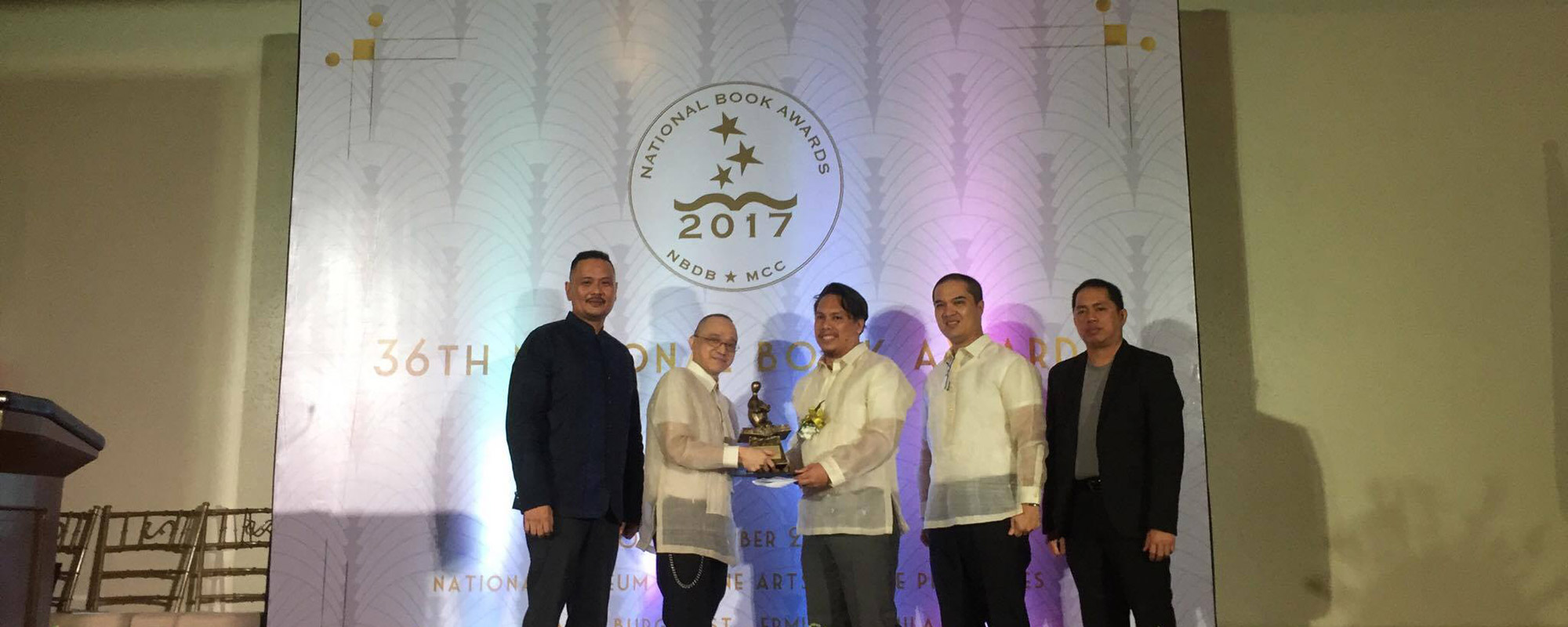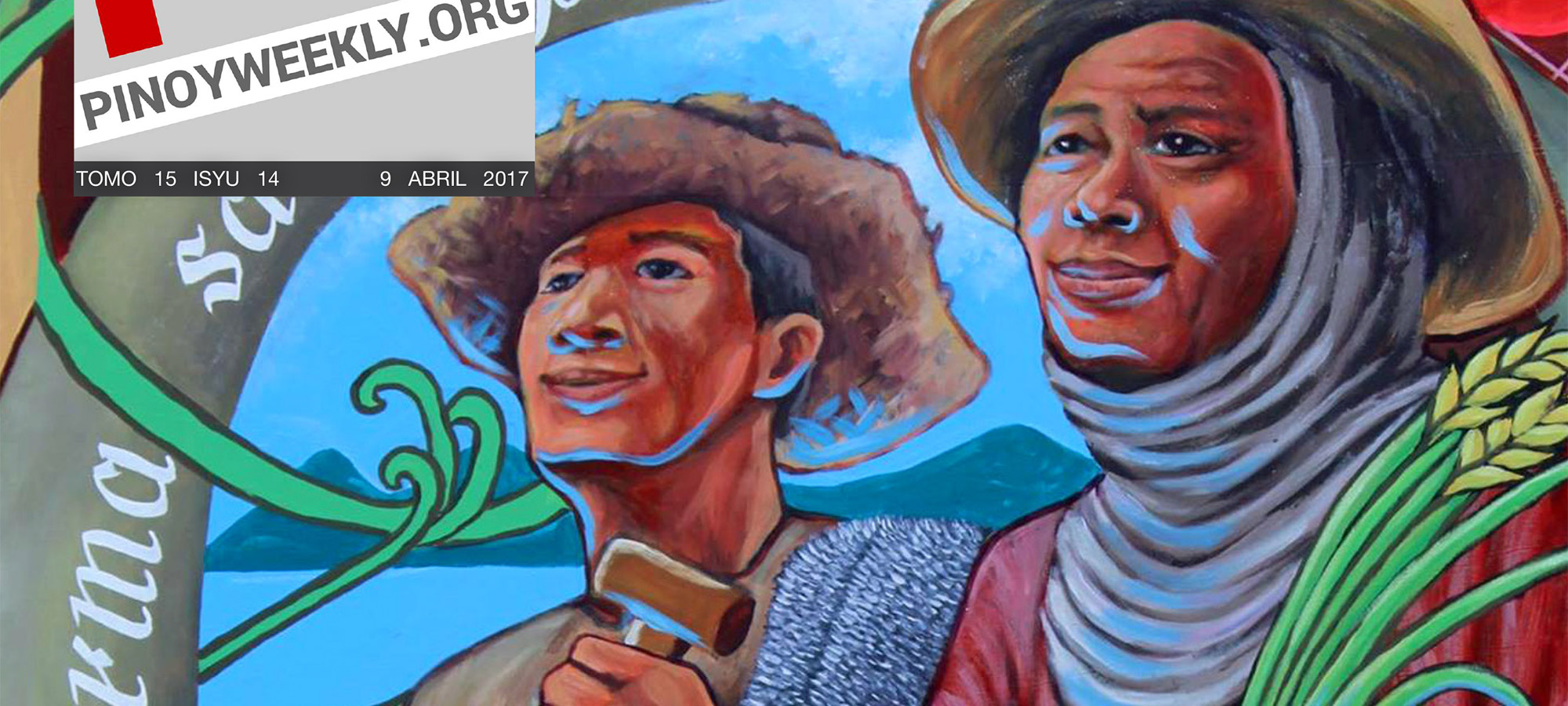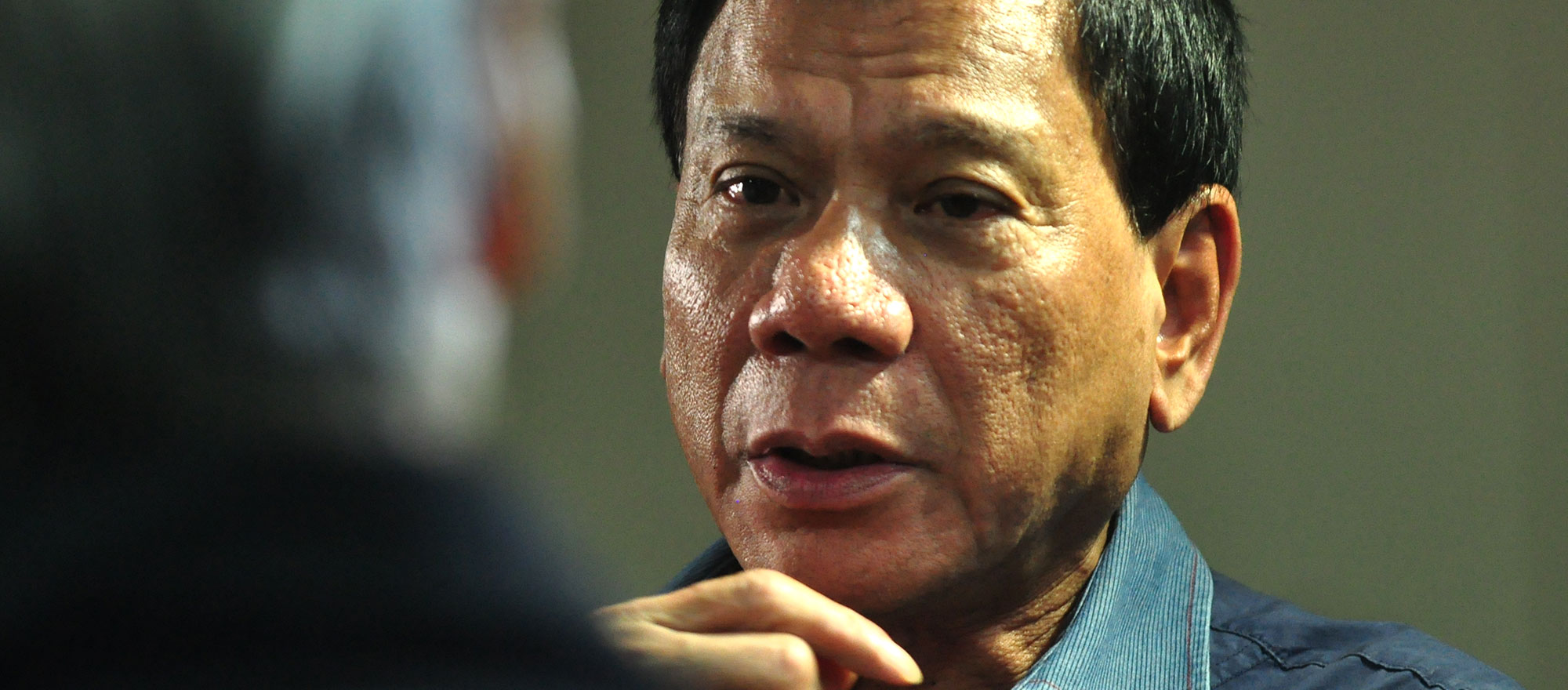From ink to press: A media activist’s recollection
Kathleen’s editorials and opinion columns contained recollections of her days during the dictatorship or otherwise relate these to the present dispensation.
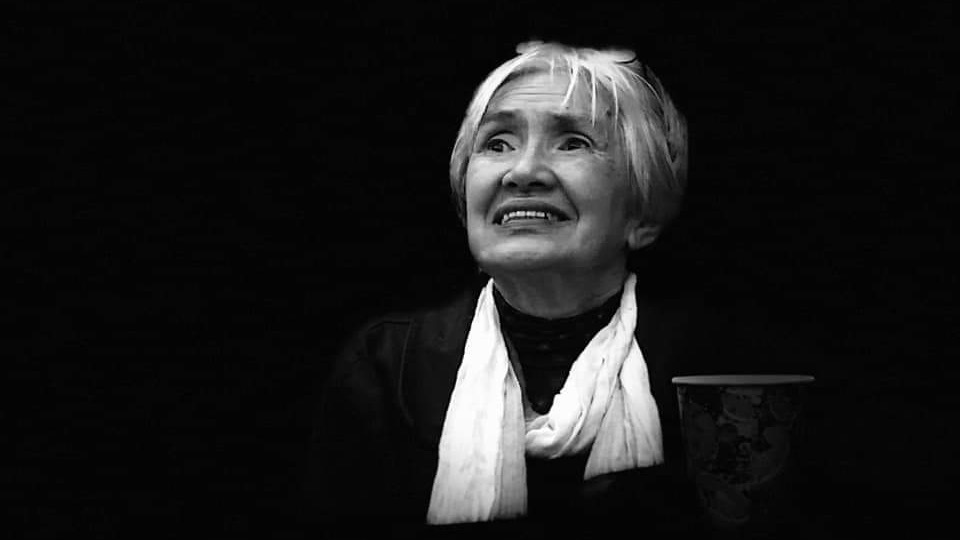
“Like a mental plague” is how she described what happened that fateful Saturday.
The date was Sept. 23, 1972, when then President Ferdinand Marcos Sr. went on nationwide broadcast at dusk to announce that he had put the entire country under martial law.
The declaration should not have come as a surprise. Her days as a student activist were filled with open discussions of what was unfolding at the seat of the national government. The possibility of martial law was the hot topic almost every day.
“Still, we were surprised,” she said. “But maybe more because of the bravado and cruel military operations in the carrying out of martial law against the civilian population.”
‘I was barely out of my teens’
Kathleen Okubo was 19 the year martial law was declared.
Born in 1953 as the Typhoon Kathy rammed through Northern Luzon, she grew up surrounded by the press. Her uncle founded the oldest existing local newspaper in the country, the Baguio Midland Courier, with her father in charge of its printing operations. Her playtime was confined within the walls of the paper’s office, and her first job was as a “cub reporter” for the Courier.
She entered the halls of then University of the Philippines College Baguio (UPCB) in the summer of 1969 and became an activist during the First Quarter Storm (FQS). It was during this period that she and her cousin Joanna Cariño—a fellow activist—became close, and started to integrate with the basic sectors, launch discussions on the realities of Philippine society, and join protest actions.

The ink and press never left her during this tumultuous time. As a member of the Kabataang Makabayan (KM), Kathleen took on tasks in writing and press work for various college and organizational publications. “It only seemed natural that I do so,” she said.
When the privilege of the writ of habeas corpus was suspended in 1971—a year before martial law was declared—Kathleen went underground as did many activists during that time. Despite the circumstances, she persisted in contributing stories and photos to various community weeklies on the activities of the growing anti-dictatorial and national democratic movements.
Her time would come two years later in Pangasinan.
‘Sir, Red Book!’
Kathleen was in Pangasinan that Saturday, helping in the organizing and mobilizing of a KM chapter there.
“It was the inability to adapt or to adjust tactics against the militarist and tyrannical nature of martial law that eventually got me,” she said.
At dawn that day, two 6×6 trucks loaded with armed men of the Philippine Constabulary (PC) parked outside their apartment.
“They were jumping out from the back of the truck running to the door of the house we were in,” she recalled as armed men started to surround their compound. Two of Kathleen’s companions were able to jump out the back window. “I shut the door and prayed that more of them got out, then I went downstairs.”
Not long after, their house was brimming with camouflaged troopers turning the place outside down, shouting directions at Kathleen’s group, looking for something. The men took all the papers, books—“anything that was for reading!”—and even turned in a Gideons Bible, shouting “Sir, Red Book!” before hauling it to their trucks.
“This is a democracy!” she heard one shout amid raising voices and flailing arms. A group of professionals—mostly newsmen from Pangasinan—then confronted the seizing troopers that day. It was at this moment when an editor for a provincial newspaper turned to her pale, and asked: “Martial law has been declared?!”
A 30-seater military bus took her and her companions as the whole neighborhood watched what the soldiers were doing. “I noticed a thin crowd along both sides of the road, more than a kilometer long,” she said. The bus drove away, escorted by truckloads of camouflaged men, with the people outside filled with “solemn faces, maybe even fearful, some familiar, they watched us go by.”
No one was read their rights nor any of them presented a warrant then. “Many of us were ‘just threatened’ by the simple sight of a rifle, then jailed,” she recalled.
A chapel for a jail
Kathleen and her group then found themselves in a PC camp in nearby Lingayen, Pangasinan. She described the place as a “four-by-nine-meter-wide chapel divided in two by a wall of bars they called jail.”
Before them were four detainees—local writers and teachers. “How is the PC going to house all of us there?” she wondered. Three of them were females in her group, and the rest were ten males. The small space was guarded by four PC men, sharing the same shaded cell with all the detainees.
Naturally, Kathleen wondered about the basics in their detention—food, clothing, hygiene. But she also worried about broader things. “I worried for the safety of those who escaped,” she said. “The state of my companions who had not said a word. I also worried about home.” At that time, worrying kept her from imagining the threat of bad things that can happen, a sort of mental preparation of what was about to come.
Kathleen also took notice of the fact that the PC was ill-prepared to take in detainees. Feeding and housing became a critical concern, as the troops would arrest more in their raids that day.
Being rounded up that day at six in the morning, she and her companions failed to at least make breakfast for themselves. Going hungry, she exclaimed, “I was just preparing myself to raise ‘Ho!’ should they not feed us that day.”
Learning of martial law
Members of the local press—reporters and editors of the Pangasinan Courier and Sunday Punch—who brought snacks for them, tried to negotiate for their release, “or some of us at least,” she said. Instead, some of them were arrested too and crammed into the chapel-turned-jailhouse.
“I realized that I could not share their mirth, even if it was just to lighten the load of the situation,” Kathleen said of their new fellow detainees. “I almost cried as they laughed at themselves because they had only come to be detained.”

The arrival of the Pangasinan newsmen was a chance for a little chit-chat and to ask about what was going on outside the camp. “We were told that radio, television and newspapers were also raided and closed down in Manila,” Kathleen said. This was how they discovered that martial law was finally declared.
They also learned that the PC troops who brought them in were out to arrest more in nearby towns that afternoon. “A high school student government president, the son of a general, the son of a big Chinese businessman with no politics at all, and several more,” she recounted, were brought in that afternoon.
“But the cream of the arrests that night was the busload of a religious group,” she said.
Some 50 “de Colores”—members of the Cursillo prayer group—were brought in by the PC and were chanting, crying and praying that “enemies of God” were persecuting them. “They did not even know why they were taken in, but they knew that their situation was the workings of the devil and prayed hard to be delivered from harm,” she narrated.
Spending the days
Kathleen along with two women earlier arrested spent their nights in the camp commander’s office near the chapel.
“We had to bear listening to the chanting and wailing of the terrorized religious group the whole night,” she said of her first night in the camp.
As the detention area became packed with more detainees, Kathleen realized that most of them did not understand the whats and whys of martial law.
“So we held discussion groups,” she said, adding that even the PC troops who took them did not actually know what martial law was. “They did not even know what they were supposed to secure and from what.”
It was a week later that the bulk of them were hauled off to a much wider camp—Camp Aquino in Tarlac—to be joined by more political detainees from all over Northern Luzon until their release.
‘Not fun’
“The experience of being arrested, being under surveillance or stalked and abducted is not fun,” Kathleen said of her experiences during martial law.
The state would continue to torment her with warrantless arrests almost every year after that ordeal in Lingayen.
Her second arrest would happen in Baguio in 1973, when she came home to resume her work as an activist protesting the dictatorship. Three truckloads of PC troops came to her parent’s home looking for her. “I was not there but somehow got picked up later anyway,” she recalled.
She was released a few months after on the condition that she report regularly to Camp Dangwa as the state grew in panic over the brewing turmoil birthed by the dictatorship.
Her last confinement in a jail cell would be two decades later after martial law.
In 1992, she was arrested and detained twice on false charges. The most prominent was when she, along with a group of activists from the Cordillera—who would come to be known as the “Cordillera 13”—were rounded up and brought to Camp Crame in Quezon City. Kathleen wound up in detention with her youngest child.
Life after ‘72
“Martial law was in 1972, and it was made popular that the People Power [uprising] in 1986 ‘freed’ the country from that tyranny. It has not,” Kathleen said with conviction.
Aware of the realities confronting the people, Kathleen went on to contribute her energies and knowledge to the anti-dictatorship struggle and the broader movement for genuine social change and justice.

In 1981, she helped set up the Center for Labor Education and Research (Clear) and edited its newsletter Tignayan. When the regime fell, she returned to the Baguio Midland Courier, then co-founded the then Cordillera News Agency (CNA).
The CNA would then transform to be the Cordillera News & Features (CNF). Living out her advocacy through print media, Kathleen went on to cover Indigenous peoples’ issues and human rights abuses which persisted in the so-called “bagong demokrasya” or new democracy under the Corazon Aquino administration.
Kathleen described that period as a time when national dailies and traditional media brought out wrong perceptions about the Igorots, their provinces, communities and resources.
“It was when the national media only projected government development programs as ‘good for the people,’ but these were actually being rejected as unnecessary, intrusive to their domains or criticized as a waste of government funds,” she said.
This eventually led her to set out on re-establishing the Northern Dispatch (Nordis) in the early 2000s into a weekly newspaper that delivered stories from the grassroots in Northern Luzon. She would write and edit for the paper for more than a decade.
“For the true story of a people to come out, it must be told by the people themselves,” she said. For her firm belief in this credo, she was threatened with libel suits thrice. Her paper would also be the subject of vilification by state forces afraid of truth-tellers.
But this was all usual business for her. “We took sides. I chose to study, write and share my knowledge to serve the people,” she said matter-of-factly.
Kathleen never let the experience of martial law slip past her as a media worker. Her editorials and opinion columns contained recollections of her days during the dictatorship or otherwise relate these to the present dispensation.
To her, after Marcos Sr., the challenge was always to safeguard people’s rights and prevent the return of martial law, especially when it is being repeated for almost the very same reasons.
But still, for her, “ang mamamayan at hindi ang mga bagay ang mapagpasiya!”
Postscript:
For her work as a journalist, the feisty Kathleen Okubo—Kat, Manang, Auntie and Lola Kathleen to many—received accolades from local and national institutions like the Baguio City Government, the Baguio Correspondents and Broadcasters Club and Indigenous Voices Asia. Even in her senior years, she continued to participate in movements and actions advancing the cause of human rights and press freedom. She also sat as board member for different development non-government organizations in the Cordillera region. However, during the height of the Covid-19 pandemic, Kathleen’s health finally caught up with her. In an online tribute organized by her peers at the Northern Dispatch and the Cordillera Peoples Alliance-Center for Development Programs in the Cordillera network early in 2022, Kathleen resolutely said to “Fight latta!” as she recovers and vow to continue the work she has started. She finally wrote 30 last April 7, 2024, succumbing to her illnesses.
First published in “Panaglagip: The North Remembers – Martial Law Stories of Struggle and Survival” (Gantala Press, 2023) edited by Joanna K. Cariño and Luchie B. Maranan.

